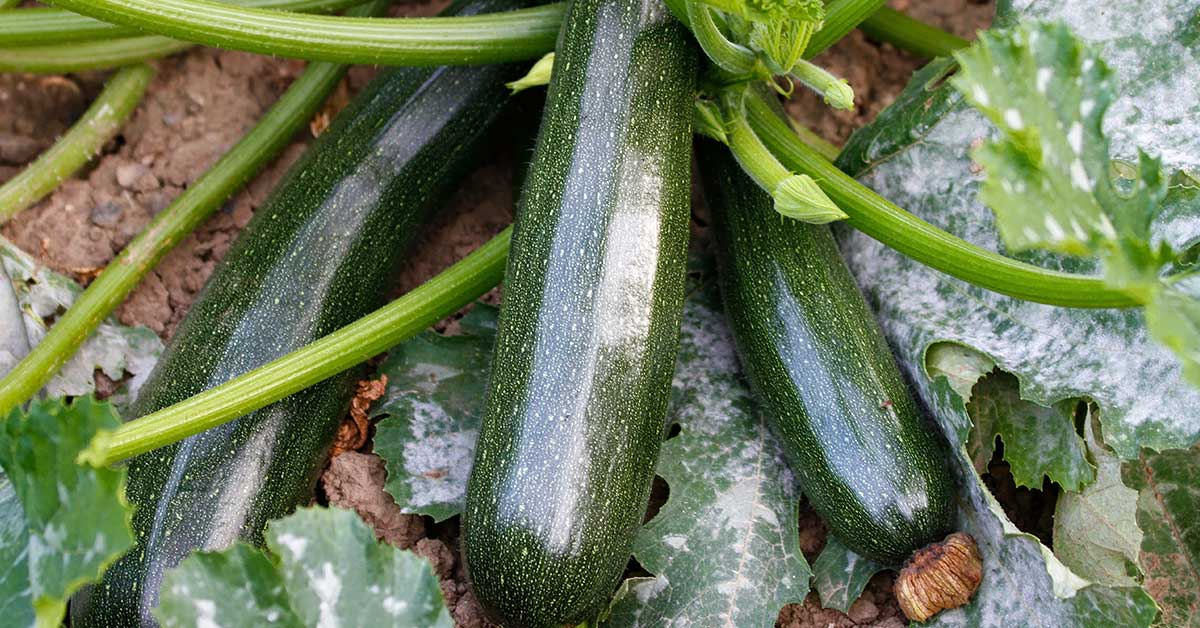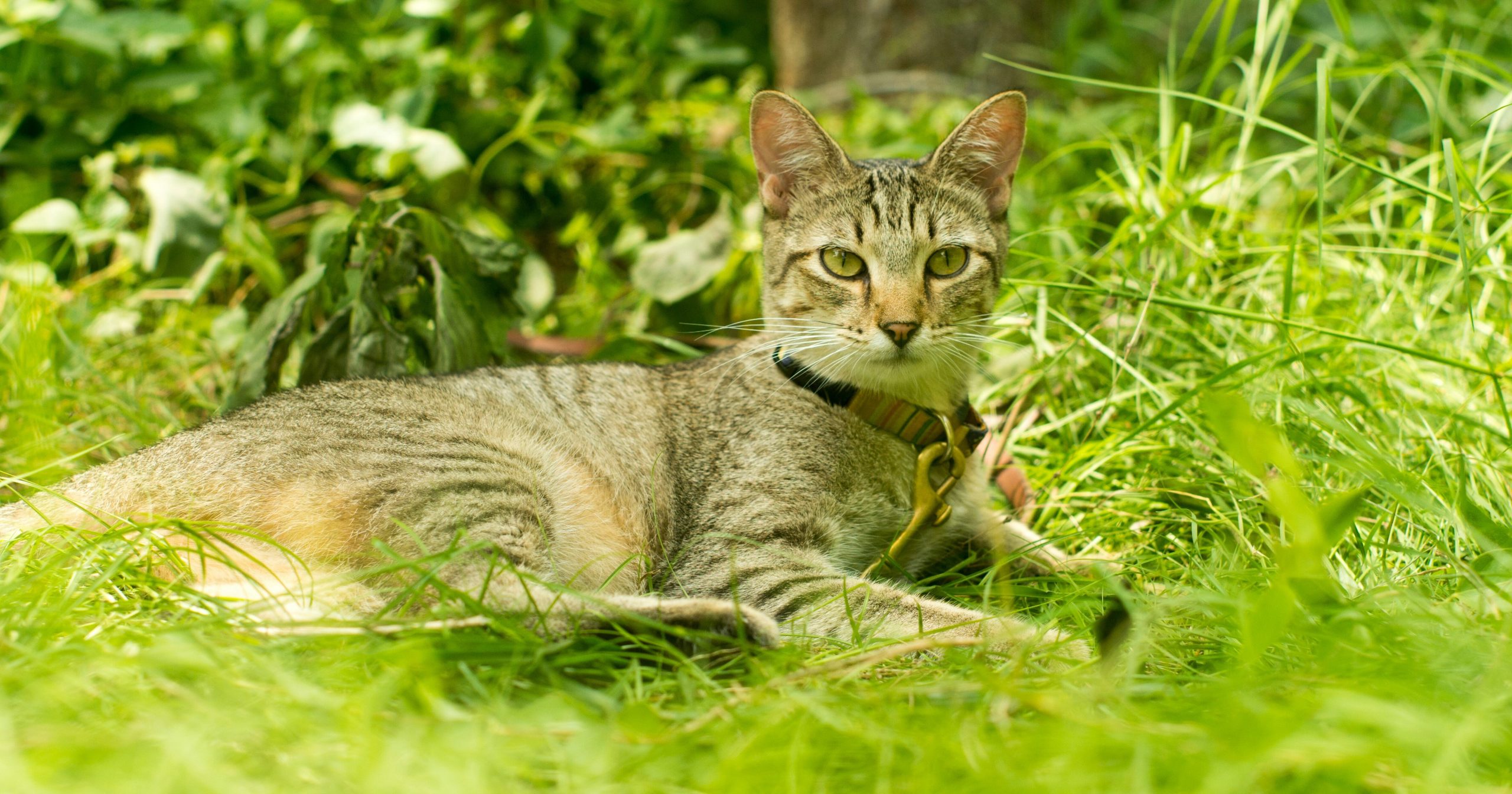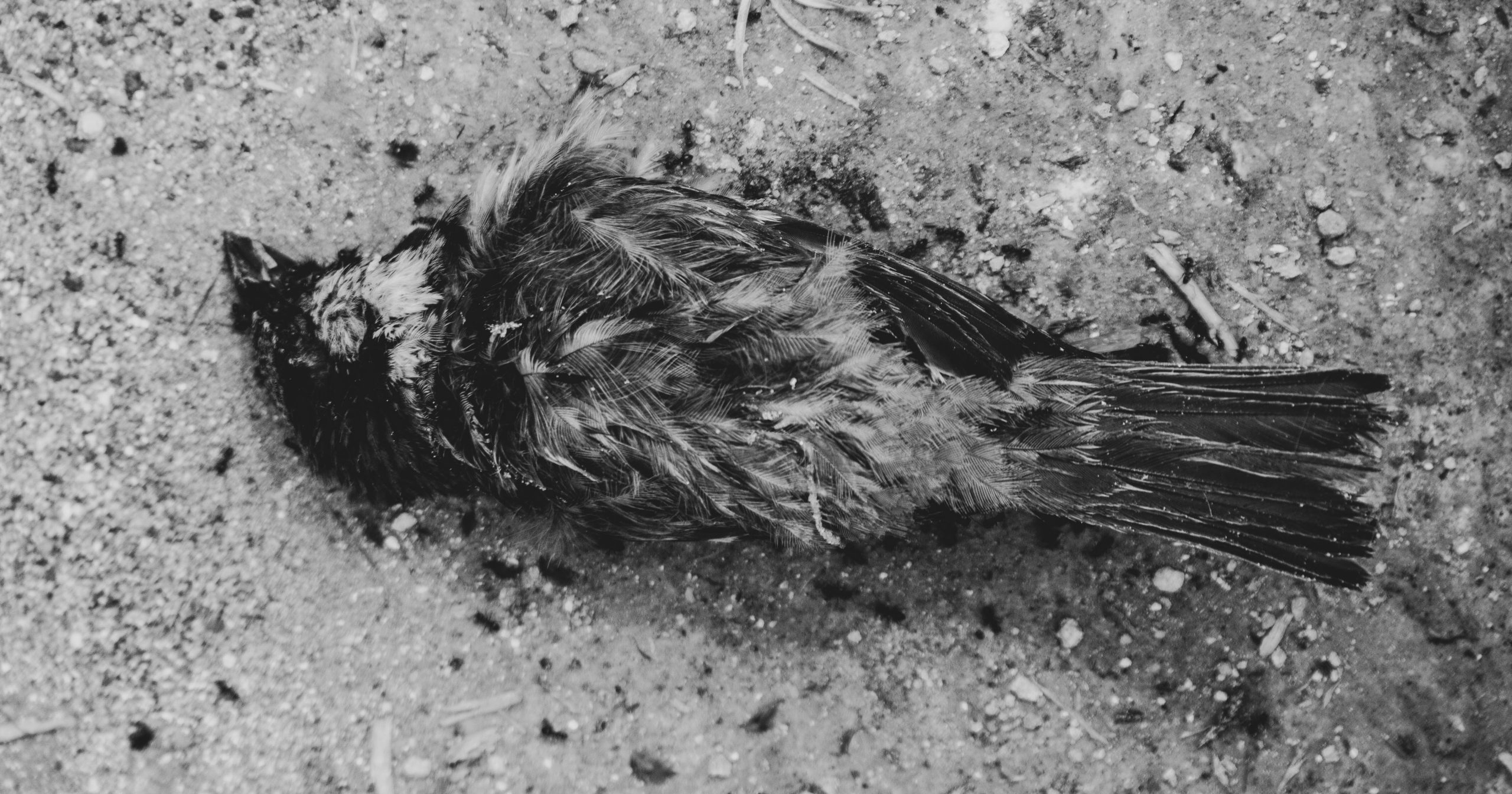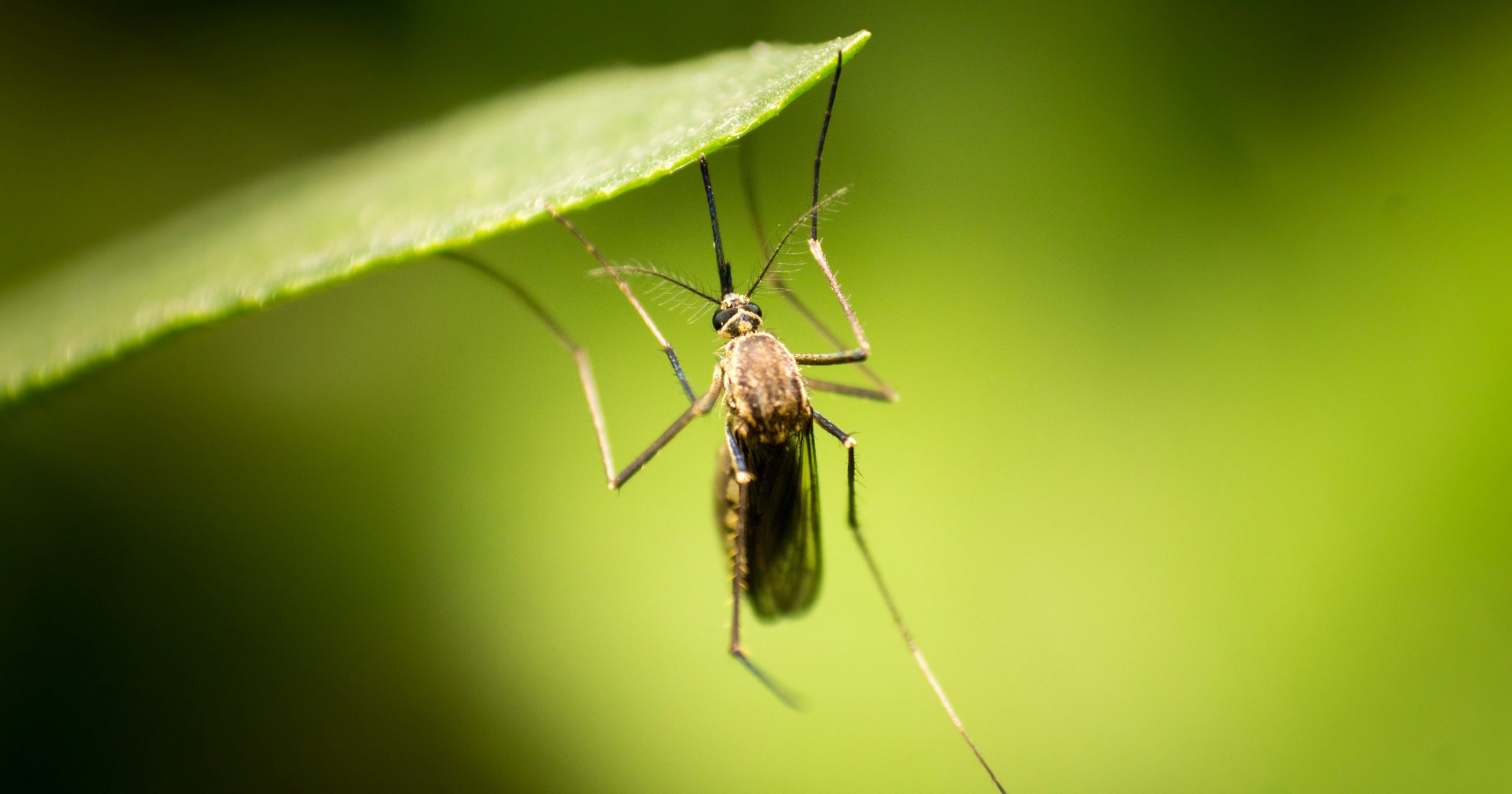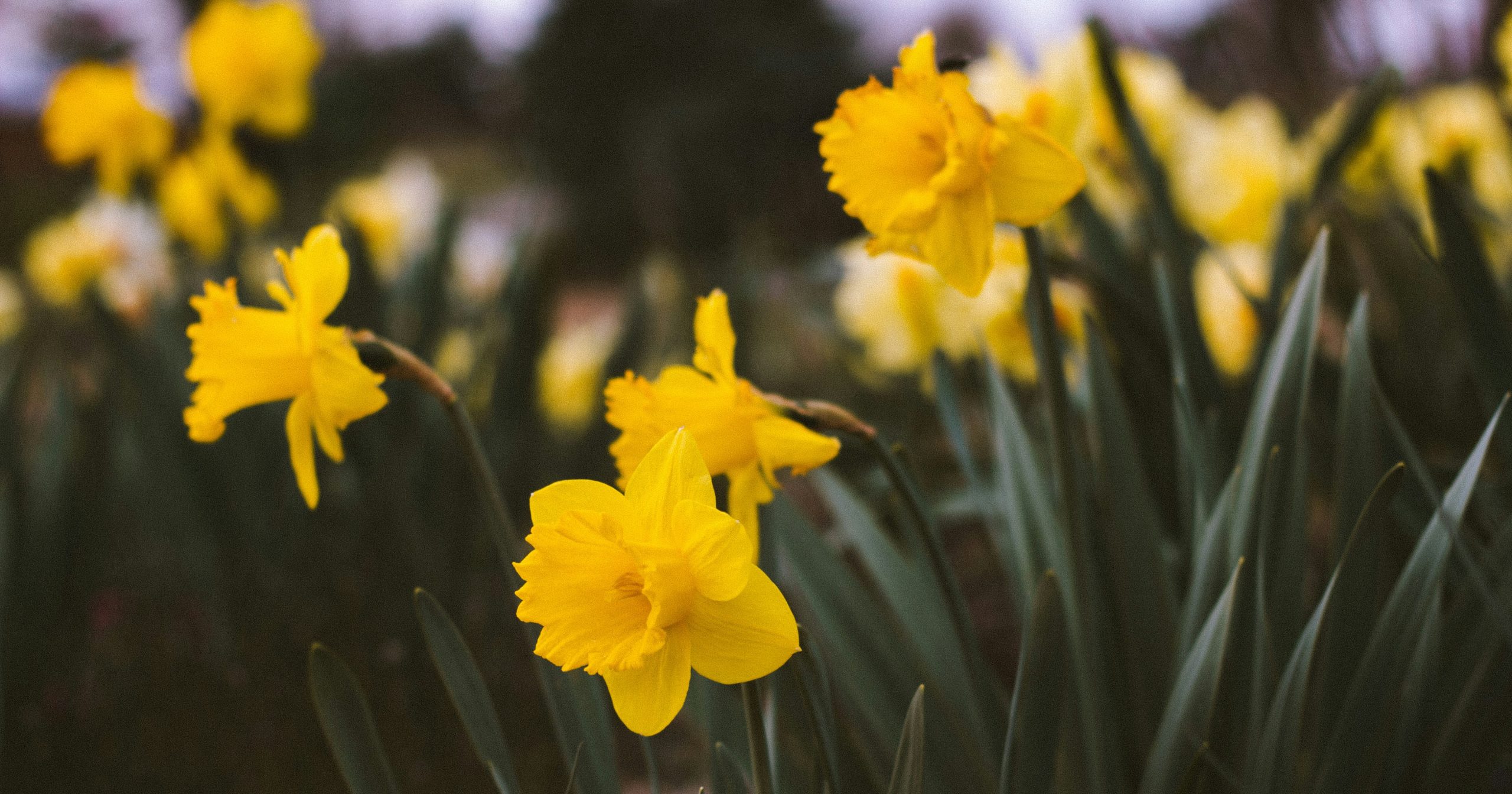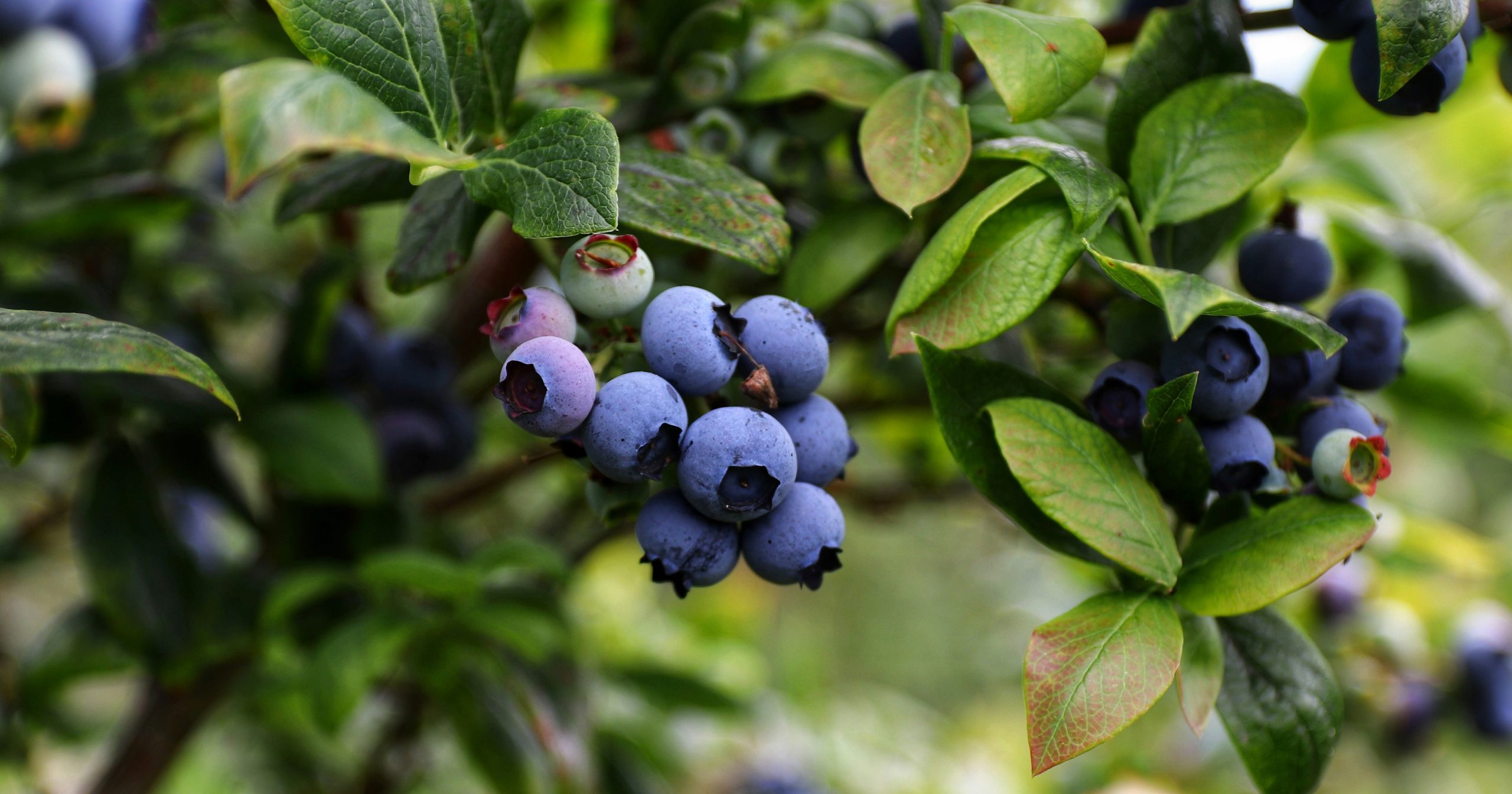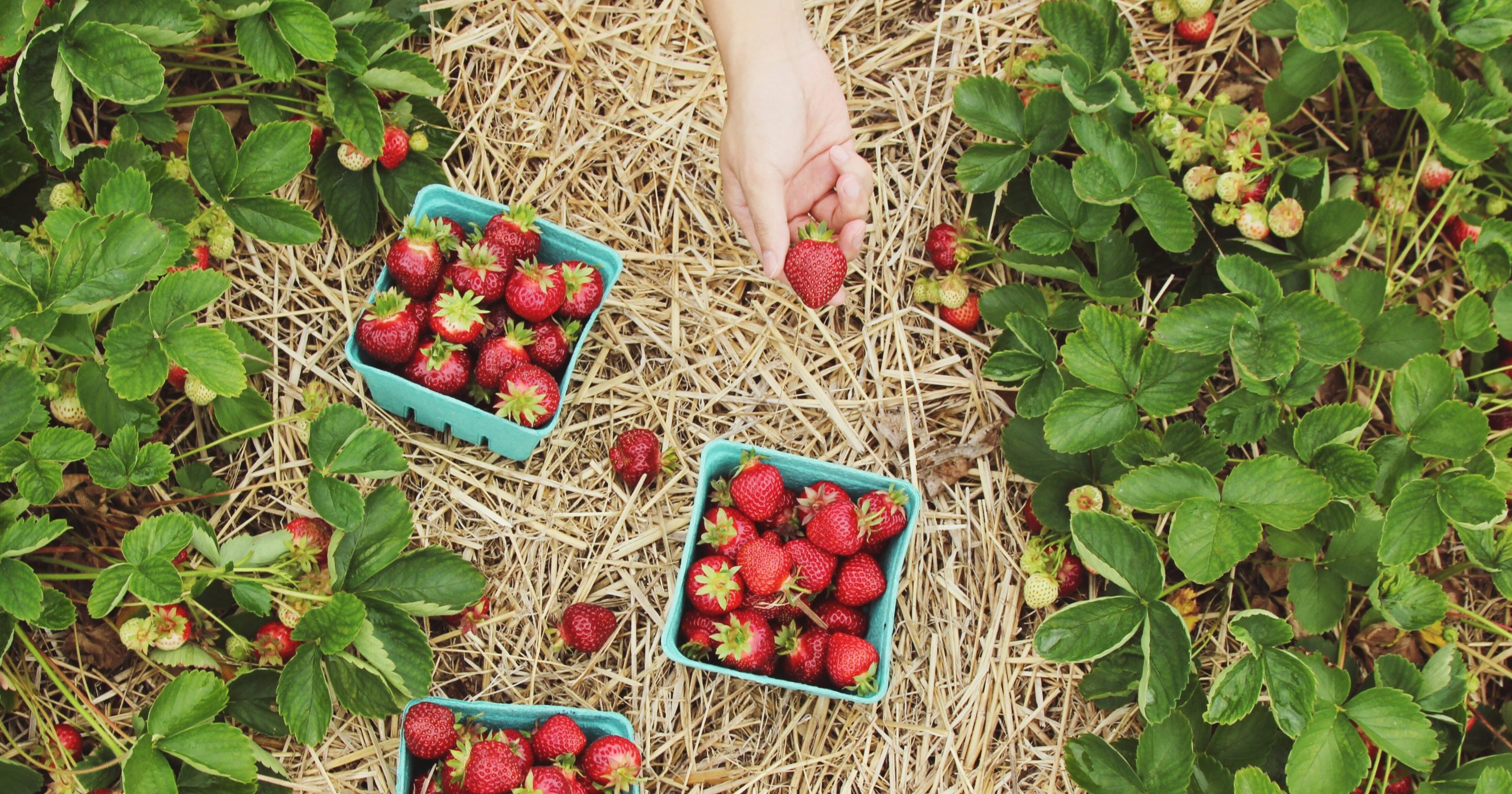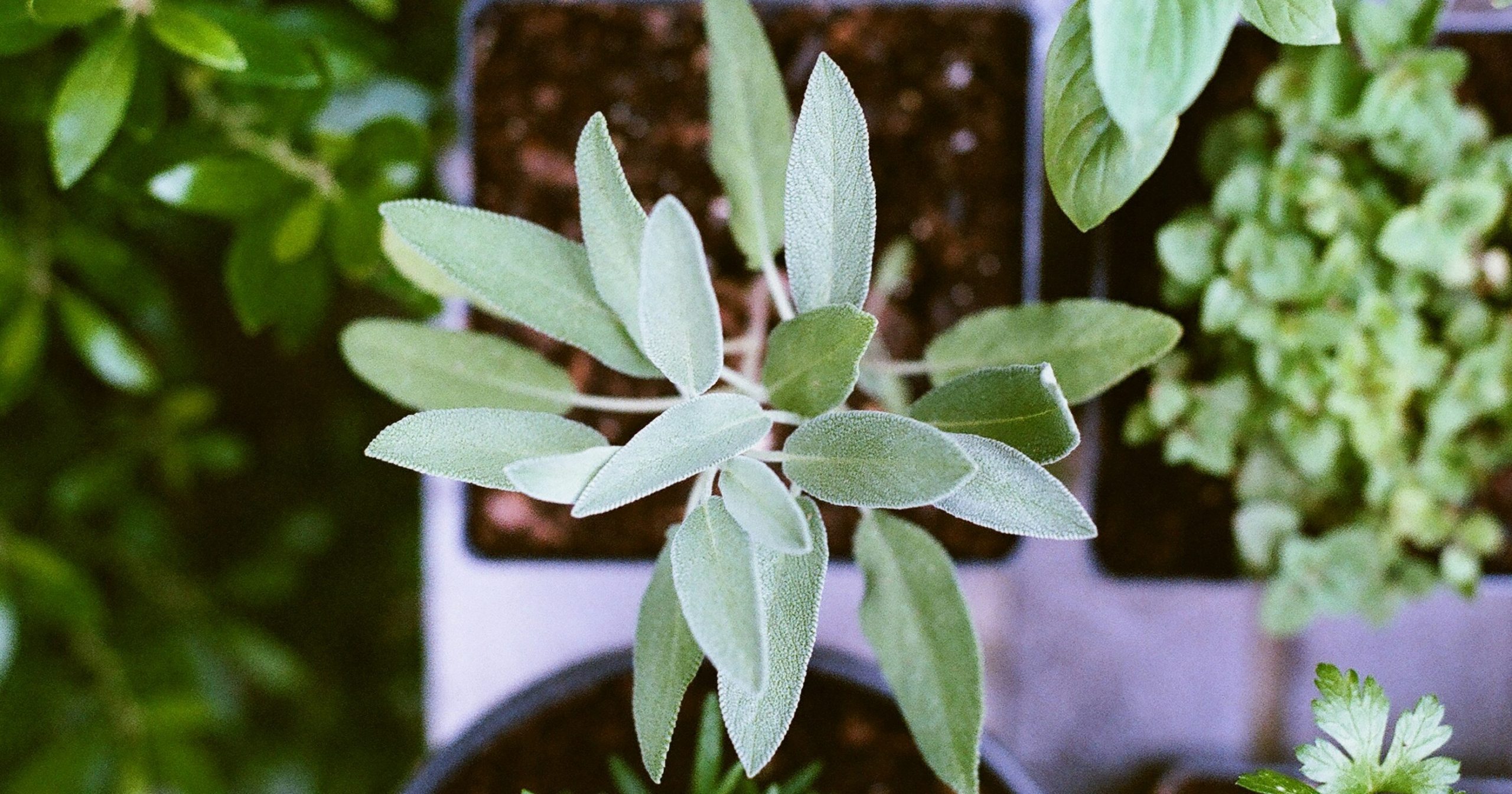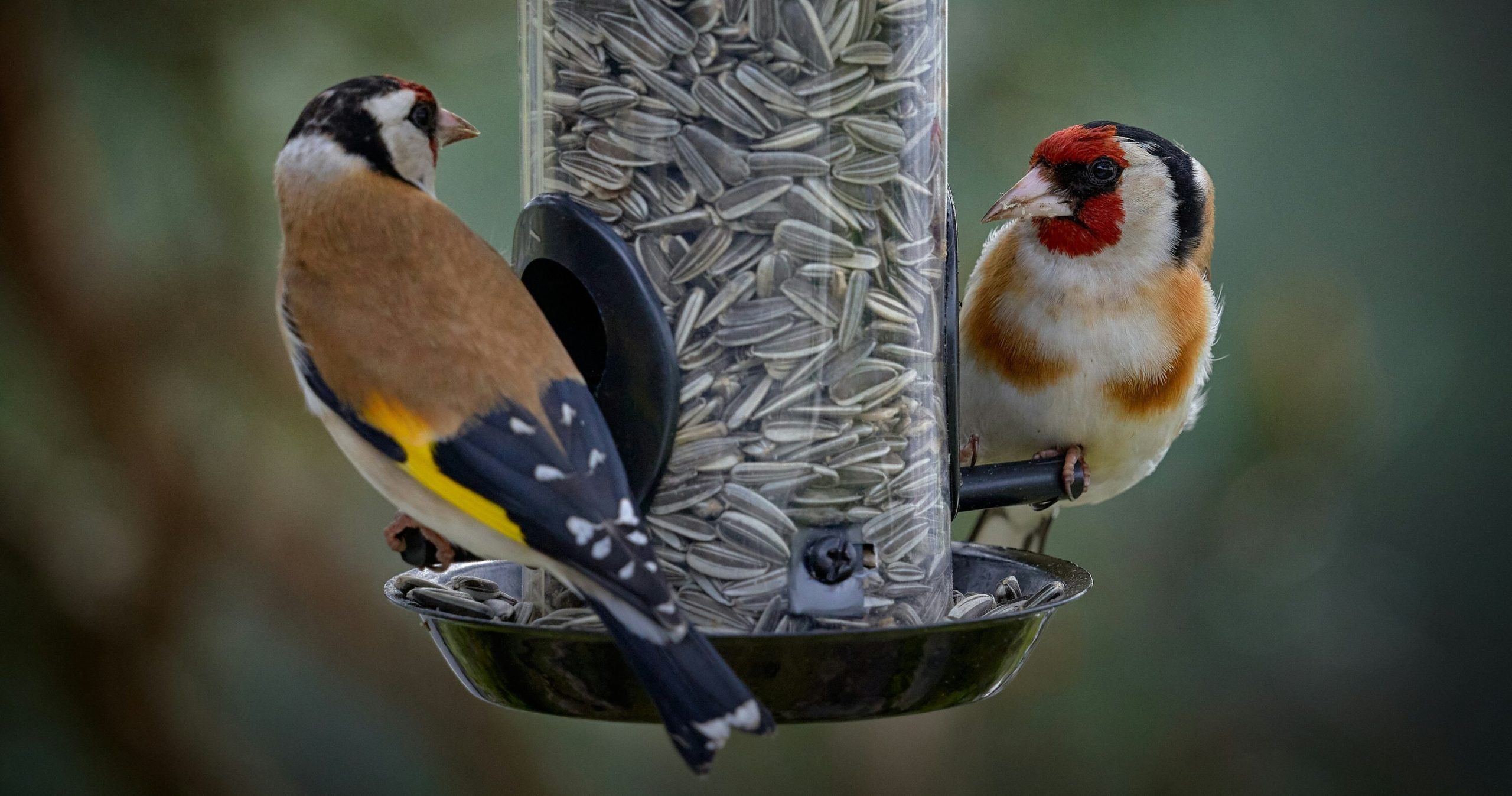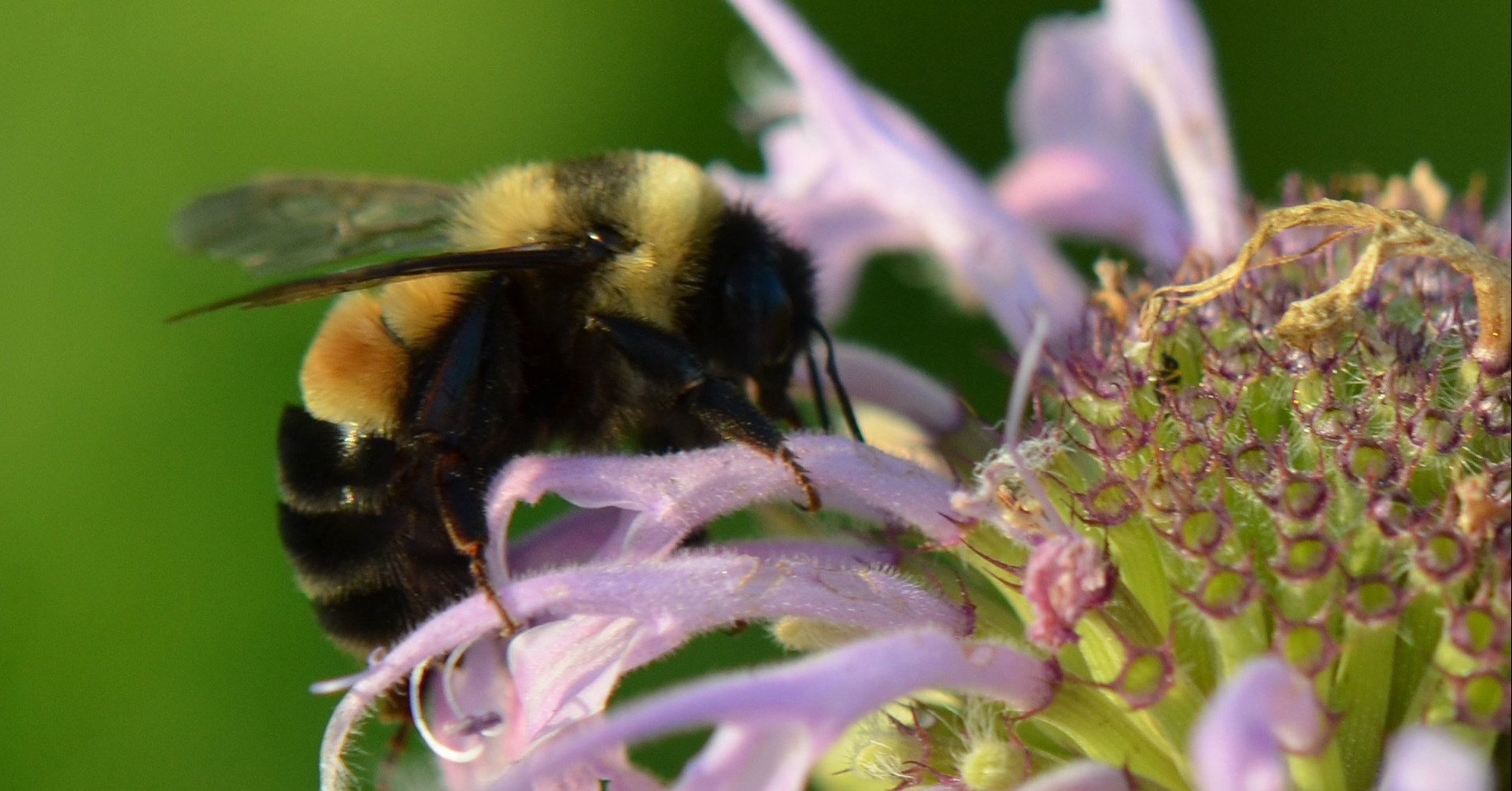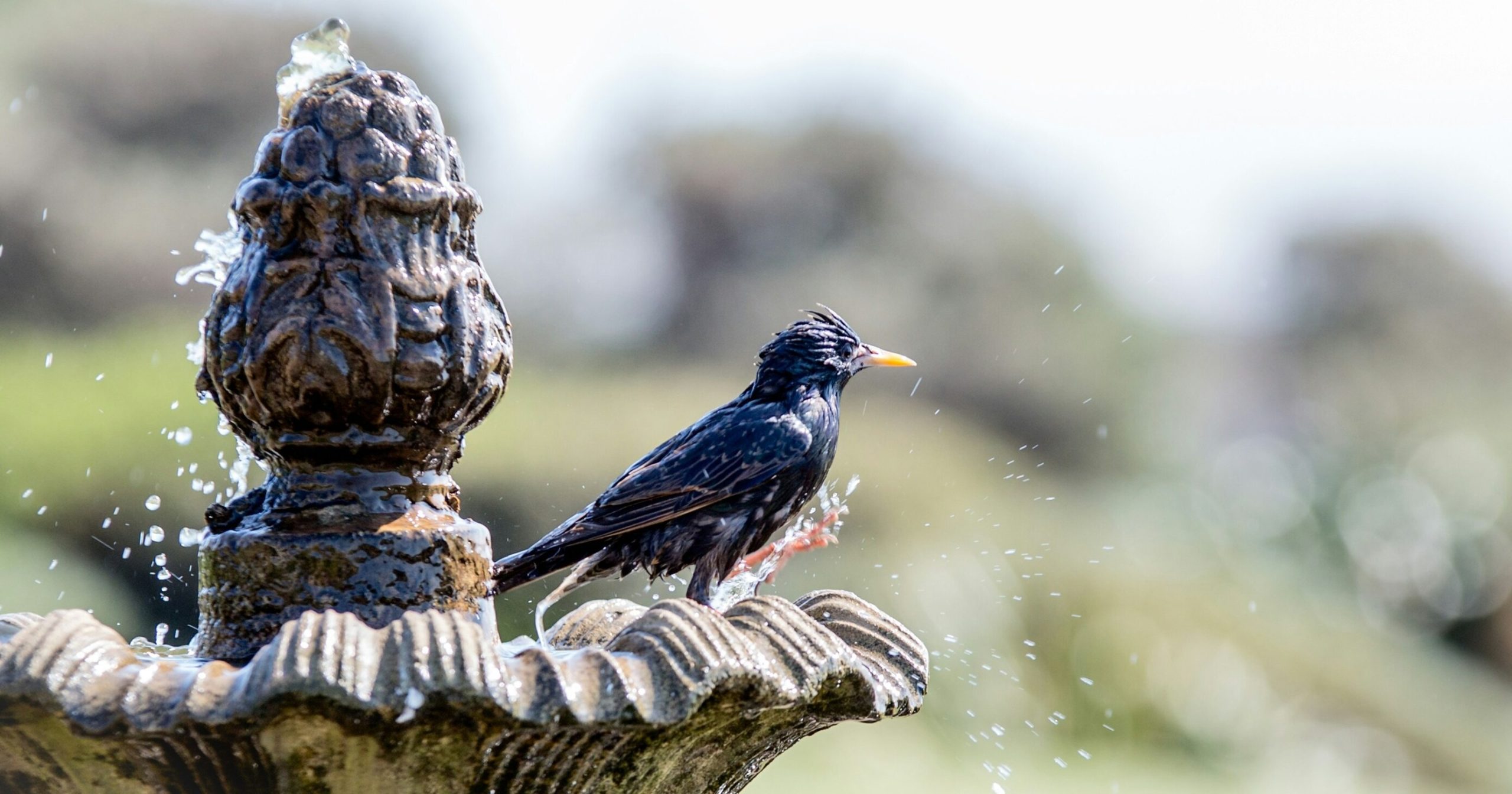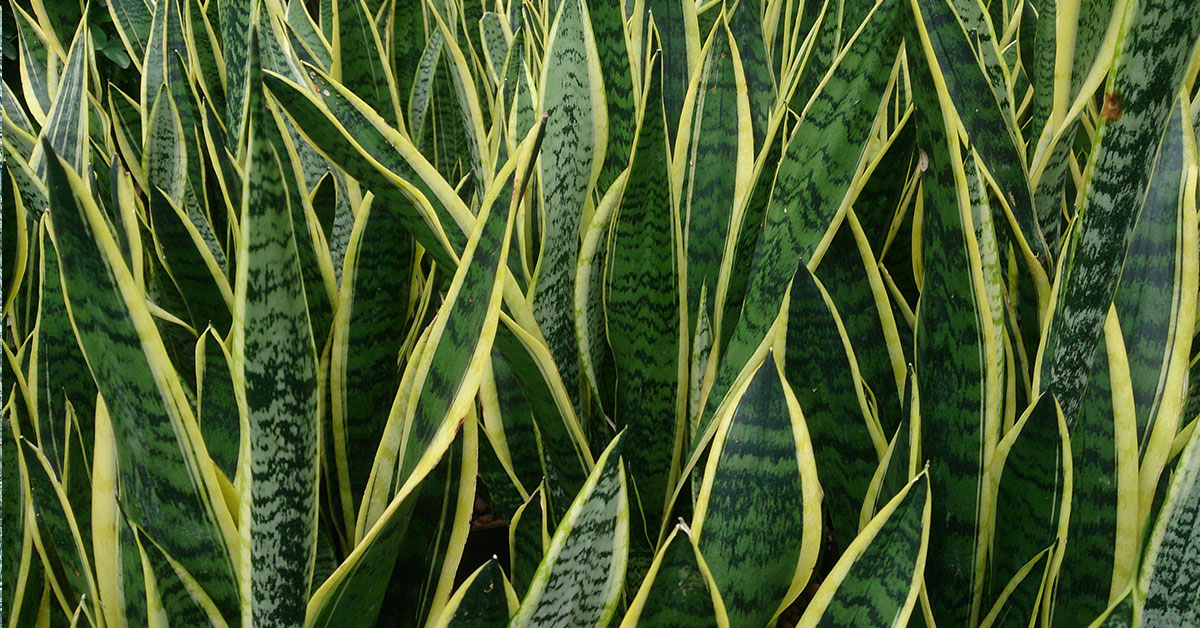Growing zucchini is one of my favorite things to do every summer. I use it in egg scrambles, casseroles, and countless other dishes. Plus any that accidentally get too large get fed to the chickens or made into bread! This article will provide you with an overview of when and how to use zucchini fertilizer to ensure your zucchini plants have the best chance at producing a bountiful harvest. We will discuss the best times to use zucchini fertilizer, the types of fertilizer available, and the best methods to apply the fertilizer. With this information, you can make sure your zucchini plants grow strong and healthy as well as a big yield.
How To Use Zucchini Fertilizer
Zucchini is a popular vegetable that is easy to grow and requires very little maintenance. Fertilizing your zucchini plants is essential for them to reach their maximum growth potential. The best fertilizer for zucchini is a balanced fertilizer with a 10-10-10 ratio does very well, but a 5-5-5 can do fine too, as long as you apply it in appropriate amounts. If your soil is heavy in organic material, used a reduced fertilizer like a 5-10-10 may be prudent.
Be sure to use the appropriate amount for the size of your plants. It is best to apply the fertilizer evenly around the base of the plant and in a band about two feet out from the stem. Avoid getting the fertilizer too close to the stem of the plant as this can burn the roots. Make sure to water the plants after fertilizing to help the fertilizer to be more effective.
Growing From Seed Or Transplant
Zucchini can easily be grown from either seed or transplant. To grow from seed, start indoors about 4 to 6 weeks before the last frost after the average last frost. Plant 1 to 2 seeds per pot in a soil-less potting mix. Place the pots in a warm spot and keep the soil moist. When the seedlings reach 3 to 4 inches tall, transplant them into the garden.
To transplant, wait until 10 – 14 days after the average last frost and the soil warms up. Choose a sunny spot with moist, well-drained soil. Dig a hole slightly larger than the root ball and add some compost or fertilizer to the soil. Place the zucchini plant in the hole and fill it in with soil and press down lightly. Water thoroughly so that it can soak into the root system and mulch around the plant to keep the soil moist.
Zucchini fertilizer frequency
Maintaining zucchini plants is relatively easy and straightforward. The first step is to ensure that the soil is rich in organic matter and well-drained. Zucchini plants prefer full sun, so they should be planted in an area that receives at least six hours of direct sunlight per day. It is important to water the plants regularly and deeply to ensure that the soil remains moist but not soggy. Applying a layer of mulch around the base of the plants will help retain moisture and prevent the growth of weeds.
Fertilizing the plants with a balanced fertilizer once or twice during the growing season can help promote healthy growth. Lastly, it is important to regularly inspect the plants for pests and diseases. Giving your zucchini rich, well-draining soil and full sunlight are key elements for maintaining their growth and health. Dig about 4 inches into well-composted organic soil. Then add 4 to 6 cups of all-purpose organic fertilizer per 100 sqft. Depending on your fertilizer, it may be wise to wait three to four weeks before planting your zucchinis. This is to prevent damage from the soluble salts.
Why Use Zucchini Fertilizer
In conclusion, using zucchini fertilizer can be an effective way to help your garden flourish. Zucchini fertilizer is easy to use and can provide a great source of nutrients for your plants and prevents yellowing leaves. It is important to remember to dilute it and use it in moderation, as too much can burn the plants. Lastly, it is essential to monitor the plants’ growth to make sure that the fertilizer is providing the desired results. With these tips in mind, zucchini fertilizer can be a great addition to your garden care routine.
